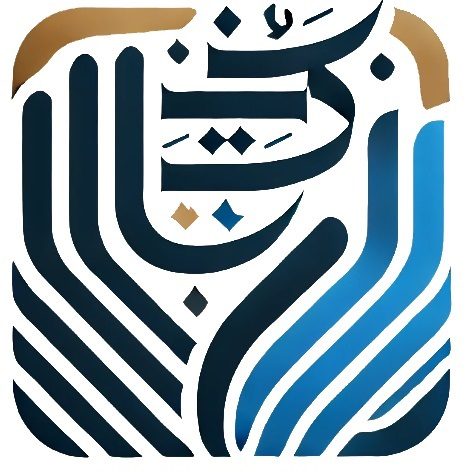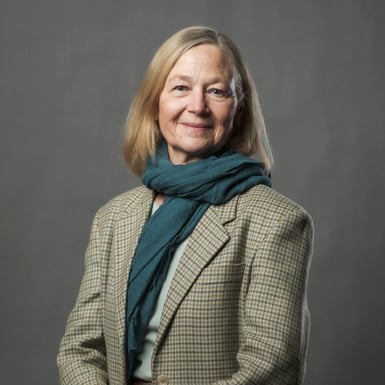Home
The 2nd Workshop on NLP for Languages Using Arabic Script (AbjadNLP 2026)
Location: Rabat, Morocco (in-person)
Workshop date, Saturday 28 March 2026
Full-day event 9am to 5:30pm
Venue: Palais Des Congres (Room: SALLE Les Riad)
Co-located with The 19th Conference of the European Chapter of the Association for Computational Linguistics (EACL 2026)
📣 New: Paper Submission deadline extended to 15 January 2026
📢 Submission URL: https://softconf.com/eacl2026/AbjadNLP2026
📢 **Shared tasks registration is now open, see links below
About AbjadNLP
AbjadNLP focuses on advancing NLP for Arabic and all languages written in Arabic-derived scripts. Following the success of the 2025 edition at COLING Abu Dhabi, the 2026 workshop returns as part of SIGARAB, the ACL Special Interest Group on Arabic NLP. Our organisers also collaborate closely with Masakhane, reflecting our commitment to community-driven, inclusive NLP across Africa, the Middle East, and Asia.
The workshop welcomes work on:
- Arabic (MSA, Classical Arabic, dialects)
- Perso-Arabic languages such as Persian, Urdu, Pashto, Sorani Kurdish, Azeri, Ottoman Turkish, Sindhi, Uyghur
- Ajami traditions across Africa, including Hausa, Fula, Wolofal, Swahili, Kanuri, Mandingo, Tamazight and others
Together, these communities represent almost one billion speakers, yet many remain under-resourced in NLP. Strengthening technology for these languages is not only a scientific challenge but also essential for preserving linguistic heritage and improving digital inclusion.
Previous proceedings:
https://aclanthology.org/volumes/2025.abjadnlp-1/
Motivation
Arabic-script languages form one of the most culturally and linguistically diverse language families in the world. AbjadNLP aims to support this diversity by improving resources, tools, and research practices for under-represented languages and dialects.
We invite contributions that support:
- Inclusive and open NLP ecosystems
- Cross-community collaboration (academia, industry, grassroots groups)
- Long-term capacity building for low-resource and minority languages
Shared Tasks at AbjadNLP 2026**
AbjadNLP 2026 will host four shared tasks covering Arabic and other Abjad languages (full details to follow). These tasks aim to support research across the wide family of languages written in Arabic-derived scripts.
-
AbjadGenEval: Abjad AI Generated Text Detection Shared Task for Languages Using Arabic Script
-
AbjadStyleTransfer: Shared Task on Authorship Style Transfer (Text Generation): Transform a formal input text into the style of a specified author while preserving semantics.
-
AbjadAuthorID: Abjad Authorship Identification (Multiclass Classification): Identify the author of a given text excerpt across diverse genres and periods.
- Organisers of shared-tasks 1, 2 and 3:
- Dr Saad Ezzini, KFUPM, Saudi Arabia
- Dr Shadi Abudalfa, KFUPM, Saudi Arabia
- Dr Ahmad Abdelali, Humain, Saudi Arabia
- Dr Mo El-Haj, VinUni, Vietnam
- Dr Sina Ahmadi, University of Zurich
-
Dr Nadir Durrani, HBKU, Qatar
-
Dr Hassan Sajjad, Dalhousie university, Canada
-
Dr Farah Adeeba, University of Massachusetts amherst, USA.
- Registration:
- 📢 Registration now open (see the url for each of the shared-tasks above)
- Organisers of shared-tasks 1, 2 and 3:
-
Medical text classification in Arabic (multi-class classification): A collaborative research challenge advancing Arabic natural language processing in the medical domain
- Organisers:
- Registration:
- 📢 Registration now open: https://forms.gle/paziGMMsDHahRhz4A
Organising Committee:
General Chair:
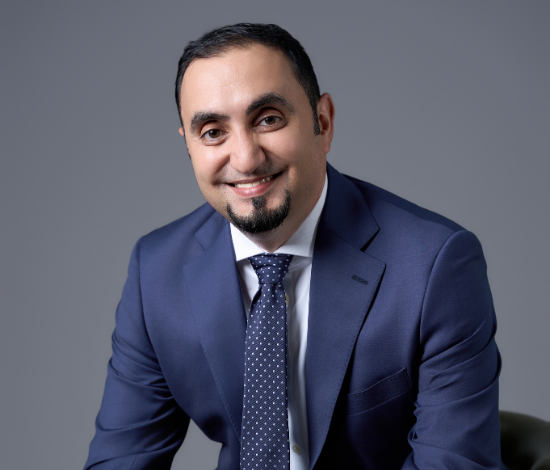 |
Dr Mo El-Haj Reader/Associate Professor, VinUniversity, Vietnam; Lancaster University, UK |
Publicity Chairs
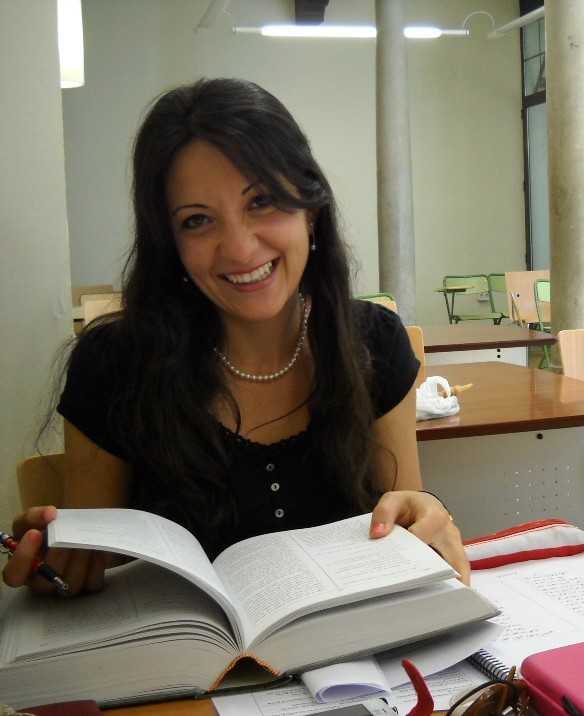 |
Dr Amal Haddad Haddad Assistant Professor, University of Granada, Spain |
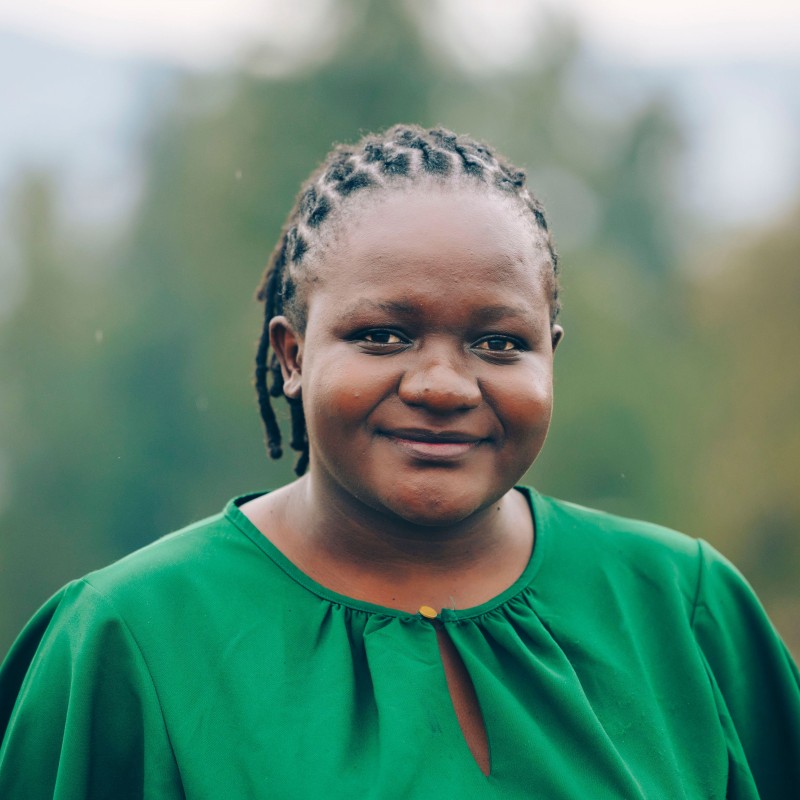 |
Ms Cynthia Amol NLP Researcher, Maseno University, Kenya |
Programme Chairs
 |
Prof. Paul Rayson Director of UCREL Research Centre, Lancaster University, UK |
 |
Prof. Mustafa Jarrar Director of SINA Research Lab, HBKU / Birzeit University |
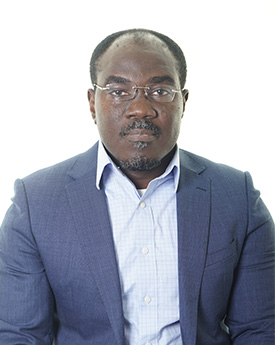 |
Dr Ignatius Ezeani Senior Research Associate, Lancaster University, UK |
 |
Dr Saad Ezzini Assistant Professor, KFUPM, Saudi Arabia |
Publication Chair
 |
Dr Sina Ahmadi Postdoctoral researcher in the Department of Computational Linguistics at the University of Zurich, Switzerland |
Shared-Task Chairs
| Dr Ahmad Abdelali Humain, Saudi Arabia |
|
 |
Dr Shadi Abudalfa Research Engineer, KFUPM, Saudi Arabia |
Advisory Committee
| Prof. Nizar Habash (New York Abu Dhabi, UAE). | 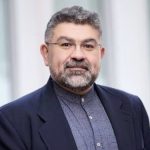 |
| Prof. Miriam Butt (University of Konstanz, Germany) | 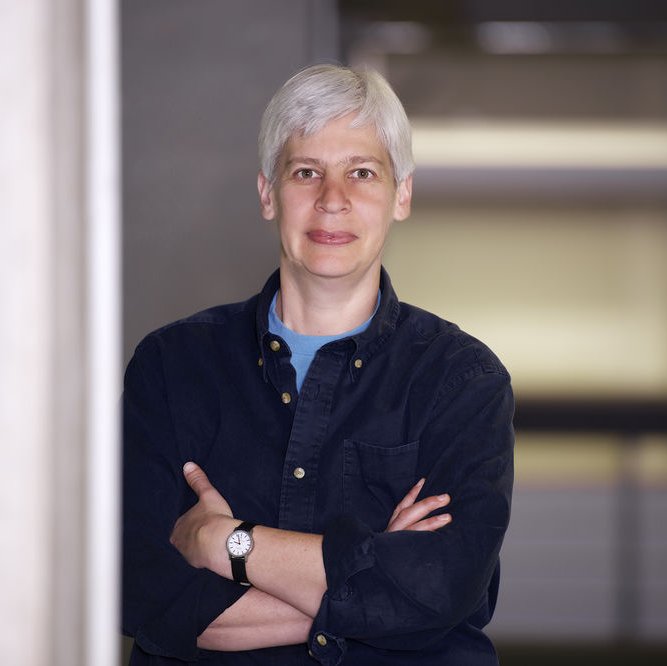 |
| Prof. Ruslan Mitkov (Lancaster University, UK) |  |
Submission Format and Guidelines
Submission URL: https://softconf.com/eacl2026/AbjadNLP2026
AbjadNLP 2026 will follow the EACL 2026 standards for submission format, review process, and ethical guidelines. All submissions must comply with the requirements outlined in the official EACL 2026 Call for Papers.
We adhere to EACL’s submission policies, including:
- Anonymous submissions: All papers must be fully anonymised for double-blind peer review.
- ACL Rolling Review (ARR): Authors may submit papers either directly to the workshop or via the ACL Rolling Review system within the stated deadlines.
For formatting, authors must use the official ACL style templates, which are available on GitHub, including an Overleaf template for convenience.
- Long papers: Up to 8 pages, presenting substantial, original, completed, and unpublished research.
- Short papers: Up to 4 pages, describing smaller, focused contributions, negative results, work in progress, or system demonstrations.
References do not count towards the page limit, and all submissions will undergo double-blind review.
Desk Rejection
A submission may be desk rejected for one or more of the following reasons:
- The submission is not anonymous. This includes author names, email addresses, acknowledgements, or links to non-anonymised GitHub or HuggingFace repositories.
- The paper length is outside the allowed range, it must be between 4 and 8 pages excluding references. Non-core sections such as limitations and ethical considerations are excluded from the page count.
- The paper does not follow the ACL format. Please ensure you are using the official ACL templates
Proceedings and Publication
Papers submitted to AbjadNLP 2026 will be peer reviewed. Accepted papers at AbjadNLP 2026 will be published in the EACL workshop proceedings on the ACL Anthology (for example, EACL 2024: https://aclanthology.org/events/eacl-2024/ and AbjadNLP 2025: https://aclanthology.org/volumes/2025.abjadnlp-1/).
AbjadNLP proceedings will be published as part of the EACL 2026 proceedings. EACL proceedings have historically been indexed by Scopus, but indexing is decided by Scopus after publication and cannot be guaranteed in advance.
Key Dates (Aligned with EACL 2026 Schedule):
First Call for Papers: 15 October 2025Second Call for Papers: 30 November 2025Third Call for Papers: 19 December 2025Direct Submission Deadline: 15 January 2026 (extended)Pre-reviewed (ARR) Submission Deadline: 15 January 2026 (extended)- Notification of Acceptance: 30 January 2026
- Camera-ready Papers Due: 6 February 2026
- Workshop Dates: 28 March 2026 (Saturday) Full-day 9am to 5:30pm
Programme Committee (to be confirmed)
- Abdelbasset Djamai, Datategy & NAMAA Community, Algeria
- Abderrahim El Yessefi, Faculty of Sciences and Techniques of Tangier (FSTT), Morocco
- Abdullah I. Alharbi, King Salman Global Academy for Arabic, Saudi Arabia
- Ahmed Abdelali, Hamad Bin Khalifa University, Qatar
- Ali Al-Laith, University of Copenhagen, Denmark
- Alp Oktem, CollectivaT, Spain
- Azizud Din, University Malaysia Sarawak, Malaysia
- Balaji Nagarajan, Lowe’s United States
- Btissam Er-Rahmadi, Huawei Technologies R&D, United Kingdom
- Djamel Mostefa, SYSTRA Group, France
- Doaa Samy, Cairo University, Egypt
- Fadi Zaraket, UAB, Lebanon
- Mohamad Ballout, UAB, Lebanon
- Fatima Ez-Zahraa Bazay, Mohammed V University in Rabat, Morocco
- Haithem Afli, ADAPT Centre, Ireland
- Hamada Nayel, Benha University, Egypt
- Hessa Alawwad, Imam Mohammad Ibn Saud Islamic, Saudi Arabia
- Houda Anoun, Hassan II University of Casablanca, Morocco
- Ignatius Ezeani, Lancaster University, United Kingdom
- Imed Zitouni, Meta, United States
- Kareem Darwish, QCRI, Qatar
- Khloud Al Jallad, Syrian Society for Startups and Research (SySSR)
- Latifa Iben Nasr, University of Sfax, Tunisia
- Manish Adawadkar, Nike, United States
- Muhammad Adeel, University of Management and Technology (UMT), Pakistan
- Muhammad Sharjeel, COMSATS University Islamabad, Pakistan
- Mustafa Jarrar, Hamad Bin Khalifa University, Qatar
- Nadia Ghezaiel, University of Ha’il, Saudi Arabia
- Najwa Alghamdi, University of Edinburgh, United Kingdom
- Niranjan Kumar M, Lowe’s United States
- Noor Abo Mokh, MBZUAI, UAE
- Paul Rayson, Lancaster University, United Kingdom
- Pranav Gupta, Cisco, United States
- Passant Elchafei, Ulm University, Germany
- Rania Azad M. San Ahmed, Sulaimani Polytechnic University, Iraq
- Raziullah Khan, HCL Technologies, USA
- Reham Marzouk, MBZUAI, UAE
- Saad Ezzini, King Fahd University of Petroleum and Minerals, Saudi Arabia
- Sadam Al-Azani, King Fahd University of Petroleum and Minerals, Saudi Arabia
- Samira Ellouze, University of Sfax, Tunisia
- Shadi Abudalfa, King Fahd University of Petroleum and Minerals, Saudi Arabia
- Shatha Altammami, King Saud University, Saudi Arabia
- Shervin Malmasi, Macquarie University, Australia
- Sina Ahmadi, University of Zurich, Switzerland
- Salim Al Mandhari, Lancaster University, United Kingdom
- Satyam Raj, Arizona State University, United States
-
Serry Sibaee, Prince Sultan University, Saudi Arabia
- Seyed Arad Ashrafi Asli, MIRAS Technologies, Iran
- Yamina Leyla Moussaoui, C.R.S.T.D.L.A, Algeria

